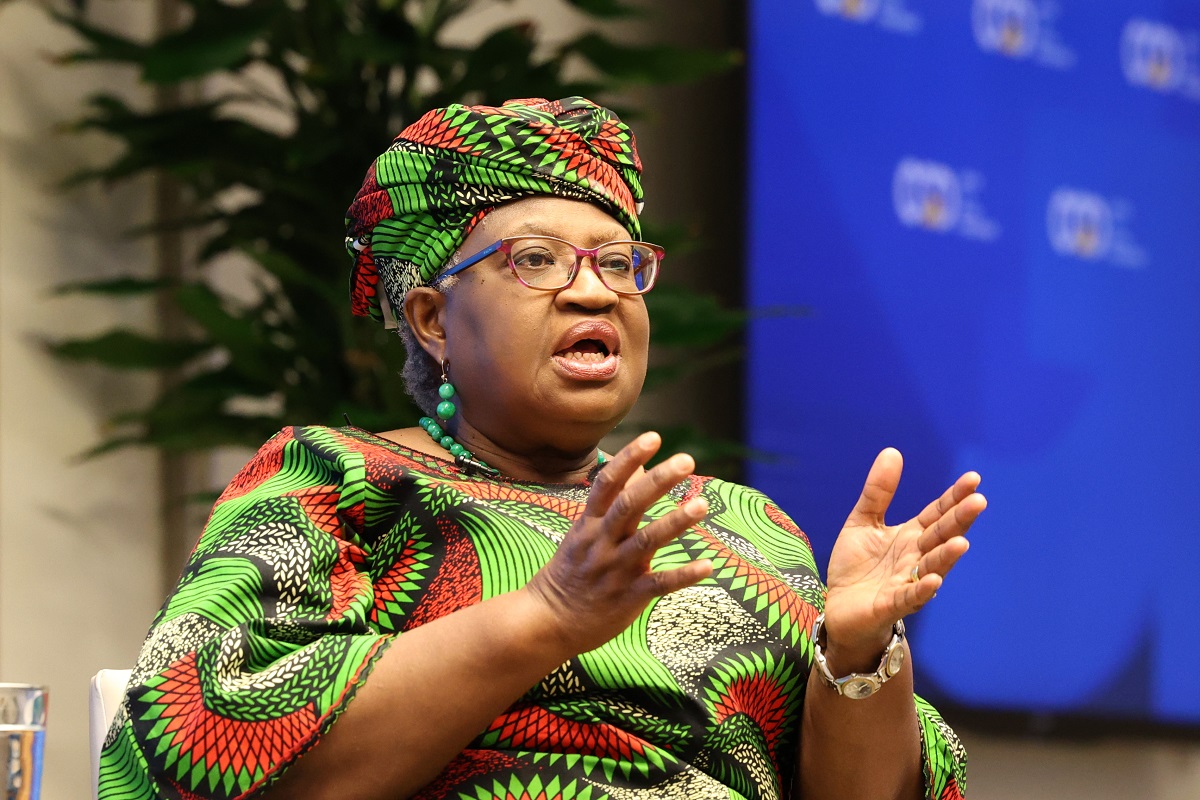March 27, 2009
Would a “Crisis Round” of trade talks launched at the London Summit next week be a useful mechanism for averting a further beggar-thy-neighbor protectionism? My colleague Arvind Subramanian and his frequent co-author, World Bank economist Aaditya Mattoo, think so. They argued for such a move in an interesting piece in the Wall Street Journal Asia earlier this week (A Crisis Calls for a Crisis Round):
Our suggestion is to launch a Crisis Round of trade talks at the G-20 London summit meeting next month. This round would aim to hold the line on protectionism and prevent the deterioration of current levels of global trade openness. For this round to have timely effect, it must be concluded within a year… A Crisis Round will succeed if it can produce a balance of political gains and losses for the major trading players. All groups have to make concessions to freeze their current state of policy, but equally all groups can expect to gain from doing so. Moreover, freezing policy should be made easier by the fact that it would be for a limited period of time.I have reservations about parts of their plan, and there is one element that I think quite useful. I agree wholeheartedly, however, with their concerns about the risks of rising protectionism. The heads of state at the G20 summit in Washington last fall recognized “the critical importance of rejecting protectionism and not turning inward in times of financial uncertainty,” and they promised to “refrain from raising new barriers to investment or to trade in goods and services, imposing new export restrictions, or implementing World Trade Organization (WTO) inconsistent measures to stimulate exports.”If only! Last week, the World Bank reported that 17 of the 20 countries had subsequently implemented trade-distorting measures, including the Buy American provisions in the U.S. stimulus package, the resumption of agricultural export subsidies in the European Union, and nationally-focused subsidies for the auto and financial sectors in several countries.Concern about these moves is high and rising. Last week a CGD-organized coalition of NGOs, churches, and business wrote an open letter to President Obama urging him to avoid market-closing measures, to help revive the Doha Round of multilateral trade negotiations, and to expand preferential access for the exports of the poorest countries. Trade economists and other concerned observers have also proposed beefing up transparency and monitoring initiatives, along with a reaffirmation of the “standstill” pledge made by the G20 last November to help contain protectionist impulses. (See for example, the e-books by Simon Evenett and Richard Baldwin and various colleagues on the Vox EU website.Subramanian and Matoo go a step further in calling for a “Crisis Round.” They point out that most of the trade-distorting measures being adopted are not the traditional tariff-hikes; also, the measures generally fall within the WTO rules on subsidies, government procurement, and temporary trade measures known as anti-dumping duties. They note, correctly, that the Doha Round is stalled and that many believe that prospects for completing are dim, at least any time soon. Their alternative: a “realistic agenda” for negotiating a standstill agreement that would prohibit new trade-distorting measures for a temporary period, perhaps three years, and make it enforceable under an accelerated dispute settlement process.The question is whether their agenda is in fact more likely to be achieved than the Doha Round. For example, they call for binding rich-country agricultural subsidies at current levels and for raising the threshold for imposing anti-dumping duties on imports alleged to be unfairly under-priced. The former would require Congress to change the just-passed—and hard-fought—U.S. farm bill, which is unlikely. Meanwhile, Doha Round negotiations to tighten the rules on anti-dumping have been almost completely frozen because of U.S. opposition.Now we come to the part I like. The idea for an accelerated dispute settlement process is intriguing. That alone could be helpful in containing protectionist pressures. Currently, disputes at the WTO can take 3 years or more to resolve because each phase is stretched to its maximum and adverse decisions are almost always appealed. Countries sometimes impose a protectionist measure knowing that they will have two to three years before a WTO panel tells them to revise or remove it. Governments that receive an adverse ruling may find their exports subject to retaliatory duties. Such rulings concentrate the minds of officials and give impetus to finding a solution, as we are seeing in the case involving Mexican trucks’ access to the U.S. market.So an expedited dispute settlement procedure would at least force governments to think more carefully about the potential consequences of the actions they take. While a “Crisis Round” may not yield much, at least in the necessary timeframe, a London Summit commitment to an expedited dispute settlement procedure could do quite a lot. (And even if the WTO rules are more lax than many of us would like in some areas, imagine what the Buy American provisions in the stimulus package would have looked like if we had had no trade agreements at all!).
Disclaimer
CGD blog posts reflect the views of the authors, drawing on prior research and experience in their areas of expertise. CGD is a nonpartisan, independent organization and does not take institutional positions.





